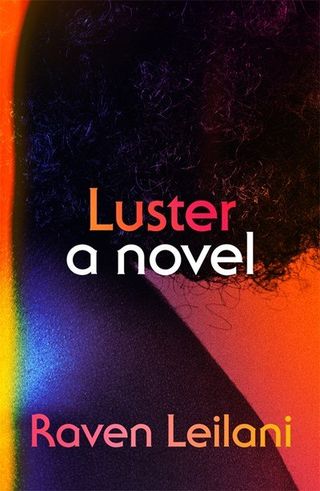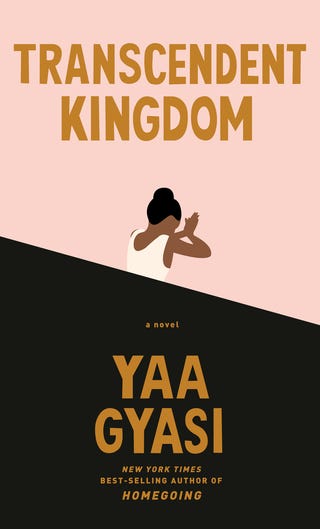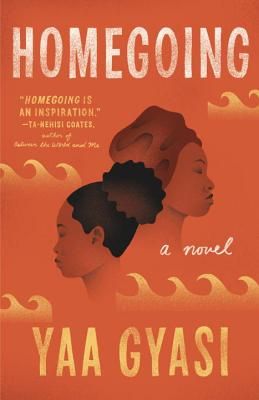When looking back on this summer of protest and racial reckoning, the question I’ll always struggle with is one dripping with skepticism that’s hard-earned, if not entirely productive. What made this uprising different for so many white people who sat up, took notice, donated money, shared resources, took to the streets, called out and in, and did some serious self-reflection, seemingly for the first time?
The question nags at me, but even as I realize there are responses that could possibly edify me, none could ever be classified as satisfying. Better to steep in the bittersweet reality in which we now find ourselves. Progress is progress, after all—the journey of a thousand miles and all that. Certainly for the first time in my life, larger-than-usual swaths of white people appear to be seeing their schools, neighborhoods, police forces, industries, and even their bookshelves with fresh eyes.
Just as they’d begun, in essence, cramming for a course more than halfway through the semester, snatching up Ibram X. Kendi’s How to Be an Antiracist and Ijeoma Oluo’s So You Want to Talk About Race faster than booksellers could restock them, the inequities of publishing itself were laid bare. #PublishingPaidMe, started by Black authors L. L. McKinney and Tochi Onyebuchi, revealed just how vast the industry’s pay gap actually is. If advances are seen as investments in an author’s talent, then it’s clear publishers don’t often bet big on Black writers.
For white book lovers who’ve found these figures disheartening or perhaps even illogical, considering the sheer volume of accolades many of their favorite Black authors consistently rake in, I wonder if they’ve stopped to consider what becomes of Black stories that don’t make the must-read lists, what happens to Black stories that languish in drafts because the barriers between them and the world of publishing are simply too great?
We’ve all been genuinely lucky to bask in the greatness of Black brilliance when so many of our institutions have been designed to snuff it out, or at least silence it. We’re all so fortunate that it continues to emerge, in spite of the obstacles designed to slow its ascent. And yet the skepticism remains as I look at my white counterparts scrambling to quickly read up on what they’ve missed, my frustration boiling over as a Black woman who learned from a lifetime’s worth of class curricula that to be “well-read” meant to immerse myself in white authorship.
As I revel in the success of recent and upcoming releases by Black writers, I catch myself wondering if this current groundswell will translate into sustained support for our storytellers, both past and present. I long to see the works of Ann Petry, Dorothy West, and June Jordan given their due, as we make sure that the names of Brit Bennett, Yaa Gyasi, Raven Leilani, and so many others remain etched into the bedrock of our nation’s literary firmament.
For instance, it’s difficult to consider Bennett’s The Vanishing Half, which topped the New York Times Best Seller list in June, without thinking about Nella Larsen’s Passing, published in 1929. Bennett provides an unflinching look at how futile proximity to whiteness is for the Vignes sisters, Desiree and Stella, a pair of Black twins in a town founded for those “who would never be accepted as white but refused to be treated like Negroes.” The town’s residents are exclusively light-skinned and almost unanimously colorstruck, but their lives resemble those in other Southern Black towns in the 1950s a bit too closely to conclude that pale skin confers a real benefit upon their Blackness.
As young girls, the twins watch in mute terror as their father is lynched by an angry mob. Years later, they must drop out of high school and clean white people’s homes to make ends meet. Running away from home, one sister resolves to fully cross over into the white world and see what awaits her there, and Bennett tells both sisters’ stories, as well as those of their daughters, over the course of decades with a steady yet tender hand. In many ways, The Vanishing Half, her second novel, is a book that builds on the legacy of Larsen’s. To read Stella Vignes’ story without understanding Larsen’s Clare Kendry constitutes a blinkered outlook on the history of racial passing in American fiction.
In Edie, the protagonist of Raven Leilani’s Luster, I found the antidote to the myriad reckless, nihilistic white female characters who have been trotted out decade after decade (in fiction, film, and on television) and somehow lauded as revolutionary each and every time. Angry, darkly funny, wounded, and all too sure of exactly how she is seen by her peers, Edie begins as a sort of spiritual successor to Ann Petry’s Lutie Johnson by the end of her 1946 novel The Street, a Black woman who has seen too clearly the obstacles boxing her in and has decided to stop trying to climb over them.
Yaa Gyasi’s Transcendent Kingdom is a finely rendered, expertly calibrated narrative about grief, depression, addiction, science, faith, and the immigrant experience, as seen through the eyes of Gifty, a young woman prone to compartmentalization and emotional distance in her attempts to take care of her suicidal mother while excelling in her neuroscience doctorate program—where she is engrossed in research that may illuminate the neural pathways that led to her own brother’s OxyContin overdose. Issues of race are of course at play in Transcendent Kingdom, as they tend to be in any story about growing up Black in America, but here, it’s just one constant crackling noise amid the cacophony of a life.
Reading Gyasi’s words in Transcendent Kingdom, much like with her debut novel, Homegoing, feels revelatory, her craft even more precise and deeply felt now than it was then. It’s downright thrilling to think about the molds she’s already broken and the storytellers she’ll inspire in her wake. And still, it’s daunting and frankly, tragic, to think about the voices that have been lost to time, excluded from the canon, or published without the appropriate hype needed to reach a broad audience. Diversifying our collective bookshelf can’t be something done as a one-time event—we’ll need to relish today’s bright young talent while simultaneously excavating the work of that of several past generations. Without this crucial context, we’ll only ever be partially well-read.
An abridged version of this essay appears in the September issue of ELLE.
This content is created and maintained by a third party, and imported onto this page to help users provide their email addresses. You may be able to find more information about this and similar content at piano.io






